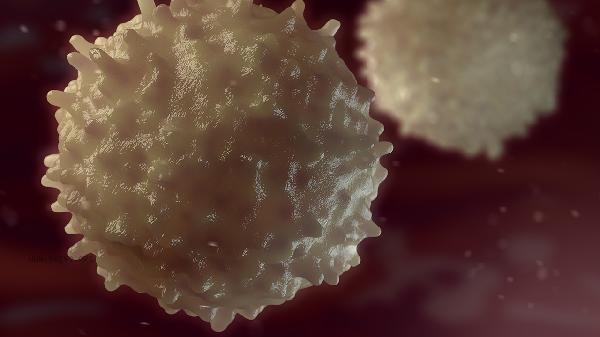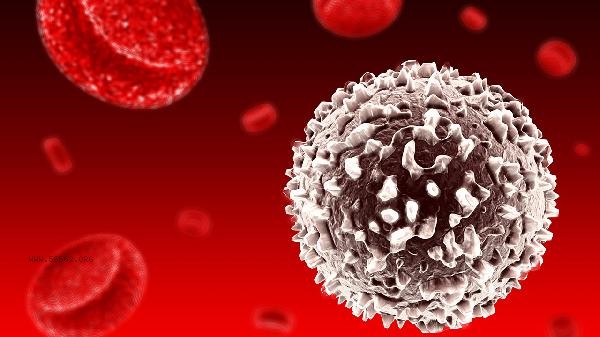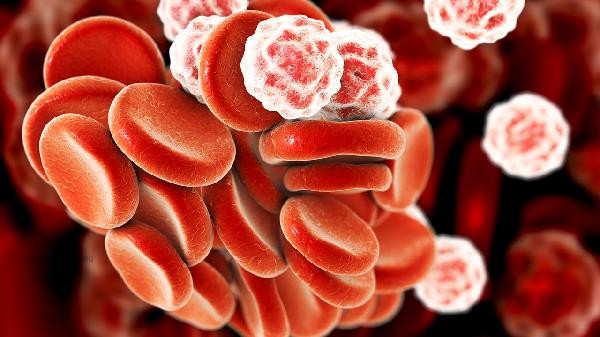Leukocytosis is usually not a typical initial symptom of AIDS. Abnormal white blood cell count may be caused by many factors, such as bacterial infection, inflammatory reaction, stress state, drug influence or blood system diseases. At the initial stage of AIDS virus infection, it is more common to show immune system related symptoms such as persistent low fever, lymph node enlargement, repeated oral ulcers, etc.

1. Bacterial infection:
Acute bacterial infection is the most common cause of leukocytosis, and the body's immune system fights against infection by increasing neutrophils. Commonly seen in pneumonia, urinary tract infections, skin suppurative infections, etc., these conditions require antibiotic treatment and treatment of the infection site. 2. Inflammatory response: Non infectious inflammatory diseases such as rheumatoid arthritis and vasculitis can lead to the release of interleukins, stimulating bone marrow hematopoietic function. These patients often have elevated levels of C-reactive protein and require anti-inflammatory treatment and immune regulation.
3. Stress state:
Intense exercise, surgical trauma, emotional anxiety, and other stress conditions can stimulate the secretion of adrenaline, leading to the release of white blood cells from the marginal pool into the bloodstream. This physiological increase usually does not require special treatment and can be restored after rest.
4. Drug effects:

Corticosteroids and adrenaline drugs can directly stimulate bone marrow hematopoietic function. Long term use of these drugs may cause persistent leukocytosis, and regular monitoring of blood routine and evaluation of medication regimens are necessary. 5. Hematological disorders: Hematological disorders such as leukemia and myeloproliferative neoplasms can lead to abnormal proliferation of white blood cells, often accompanied by the appearance of immature cells. This type of situation requires further examination such as bone marrow puncture to confirm the diagnosis.
It is recommended to improve the detection of inflammatory indicators such as C-reactive protein and procalcitonin when there is an increase in white blood cells, and evaluate the immune status by combining lymphocyte subset analysis. AIDS screening should be confirmed by HIV antibody/antigen testing, and the test results will be more reliable after the window period. Maintaining a regular daily routine and balanced nutrient intake can help stabilize the immune system and avoid overexertion and stress stimulation. If there are persistent abnormalities, a specialist in hematology is required to rule out the possibility of malignant hematological diseases.










Comments (0)
Leave a Comment
No comments yet
Be the first to share your thoughts!